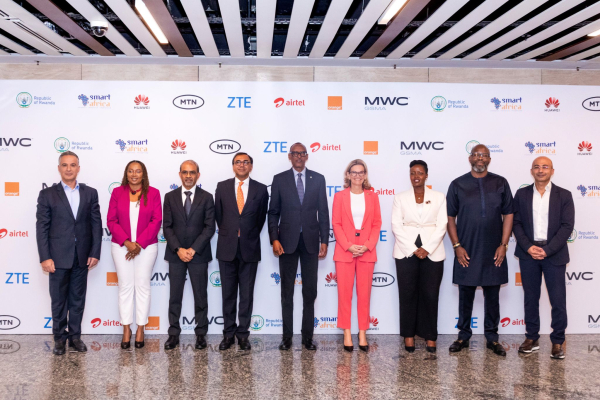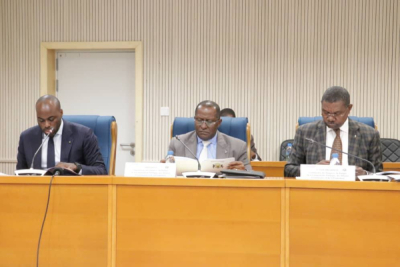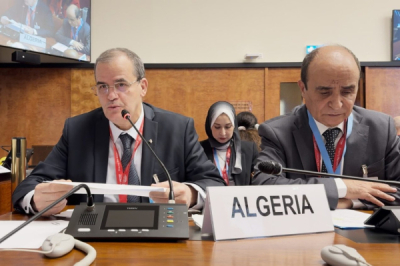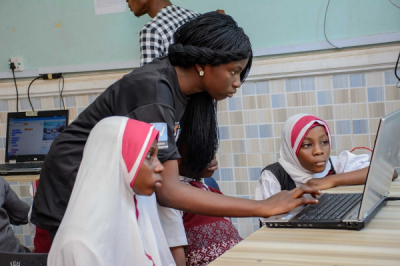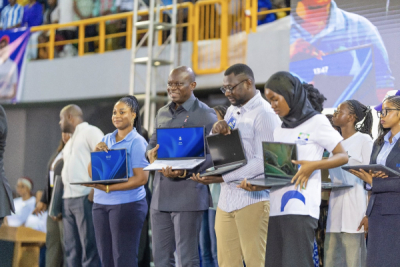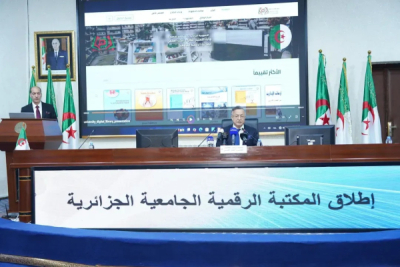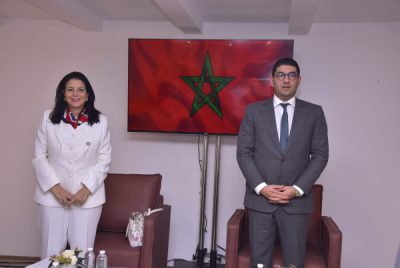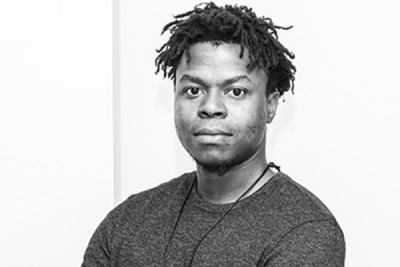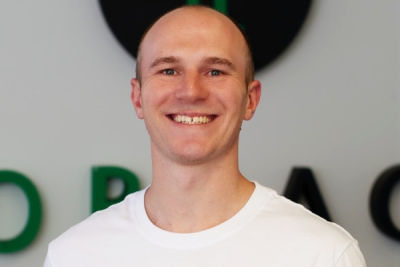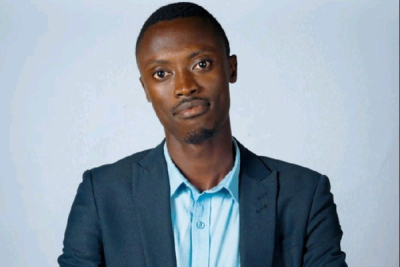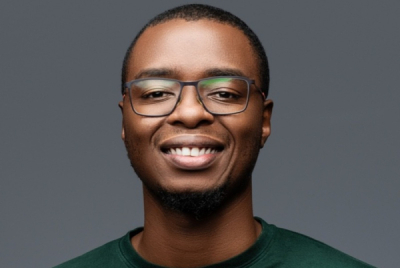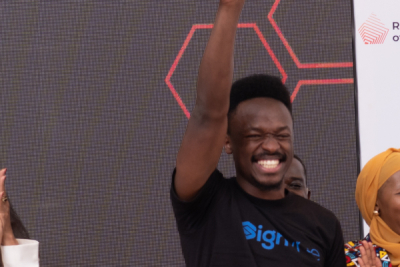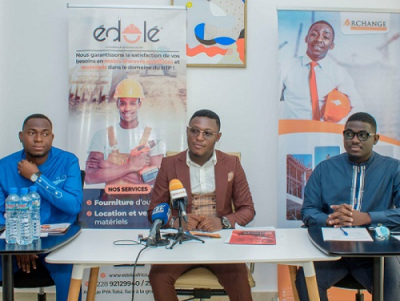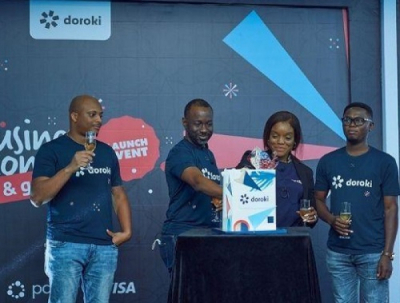Over the past year, artificial intelligence (AI) and its transformative potential have captured global attention. AI's capacity to help achieve the 2030 Sustainable Development Goals (SDGs) is now well established. For Africa, fully embracing this technology has become an urgent necessity.
The GSMA, the global association for mobile operators, has partnered with six of Africa’s major mobile companies (Airtel, Axian Telecom, Ethio Telecom, MTN, Orange, and Vodacom) to launch an ambitious pan-African collaboration.
The initiative, dubbed "AI Language Models in Africa, By Africa, For Africa," was unveiled on Tuesday, Oct. 21, in Kigali, Rwanda, on the sidelines of the Mobile World Congress. Its mission is to develop inclusive language models designed for and by the continent, ensuring African languages, cultures, and knowledge are properly represented in the global digital future.
"Africa’s diversity of languages and cultures is one of our greatest strengths, yet it has too often been overlooked in the development of global AI systems," said Angela Wamola, Head of Africa at the GSMA. "This initiative is about turning that challenge into an opportunity – building African-led AI capacity, empowering innovation across local industries, and ensuring Africa shapes the digital future on its own terms. By working together, we can make AI more inclusive, more relevant, and more reflective of the world we live in."
Orange, which is ahead of the coalition on this issue, will play a decisive role. On Nov. 27, 2024, the French company signed a partnership with OpenAI and Meta to develop AI capable of recognizing and interacting with African languages. The results of that collaboration are expected to allow Orange to improve customer service in African vernacular languages, enhancing user experience, while also contributing to non-commercial projects in sectors like public health and education.
Addressing the Language Gap in Digital Technology
The coalition, which includes digital players, research labs, and innovative startups such as the African Population for Health Research Center (APHRC), Cassava Technologies, Masakhane African Languages Hub, The World Sandbox Alliance, Lelapa AI, Pawa AI, and Qhala, intends to close a critical gap in data, computing power, talent, and public policy.
The vast majority of today's dominant language models are trained on a limited number of "global" languages, leaving Africa's rich linguistic diversity, which comprises thousands of languages, severely underrepresented. This existing "AI language gap" marginalizes billions of potential users. Without adapted models, African populations cannot fully benefit from AI advances in essential areas like education, health, agriculture, or public services.
A growing proportion of the population is connected and uses mobile Internet, with smartphone penetration expected to reach 88% by 2030. While Africa accounts for only 2.5% of the global AI market, recent estimates suggest AI could boost the African economy by $2.9 trillion by 2030, equivalent to a 3% increase in annual gross domestic product growth.
A feasibility study conducted by the GSMA and its partners confirmed the technical and economic viability of locally designed language models. The key to success lies in coordinating efforts to prevent energy dispersion. The coalition will organize itself into thematic working groups, covering data, computing, talent, and policy, and will make its progress public at future GSMA events.
Beyond its symbolic value, the initiative represents a strategic imperative for the continent's development and digital sovereignty. Mastering the data, foundational models, and technical standards is crucial for reducing dependence on external platforms and technologies.
Crucially, models trained on African data will enable the development of applications rooted in local realities. This includes potential applications such as voice assistants that understand Wolof, Swahili, or Amharic, medical triage tools adapted to local contexts, contextualized educational content, or public service agents accessible to all, including in the most widely spoken languages. The GSMA noted that "in Africa alone, more than 2,000 languages are spoken, yet only a fraction are supported in digital systems or AI models. This lack of inclusion risks widening existing digital and economic divides."
Clear Strategy and a Call for Industry Cooperation
The alliance's strategy rests on four essential pillars, each presenting unique challenges. First, data involves collecting millions of words and phrases across African languages, strictly adhering to consent and anonymization rules, and including major languages, local dialects, and spoken language without favoring only cities or elites. Second, computing power for training these AIs requires pooling resources among partners to reduce costs and ensure information security. Third, talent requires training African AI experts and offering attractive careers to retain them on the continent and grow the new industry. Finally, governance requires governments to create a clear legal framework that encourages innovation and investment while protecting citizen data and ensuring the new technologies benefit everyone.
The expected effects are structured across three timeframes: short-term prototypes and region-specific benchmarks; medium-term concrete sectoral applications such as customer service bots and tools for creators; and long-term emergence of autonomous African AI capacity, capable of supporting local champions and enriching the entire ecosystem.
Identified prerequisites for success include transparent governance, funding beyond the prototype stage, strong technical interoperability to prevent isolated efforts, and absolute transparency regarding model performance and biases.
The coalition is issuing a formal call to the entire ecosystem, startups, universities, creative industries, civil society, donors, and major technology companies, to contribute to this collective effort through data, computing power, skills, use cases, or financial support.
Muriel EDJO


